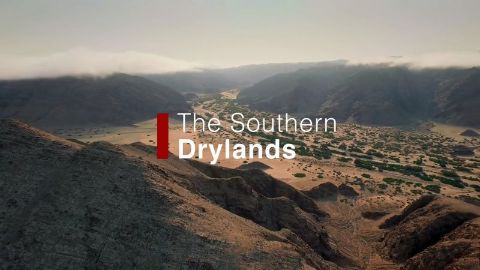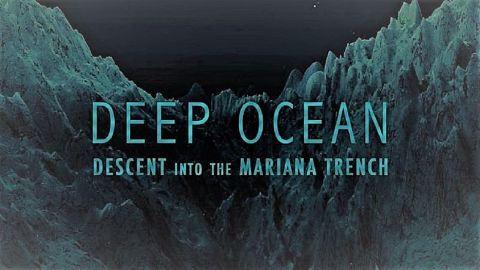Tokyo's Lost Islands: Minami Iwo-to • 2019
In Tokyo, there are unapproachable "lost islands" with unspoiled environs and rich wildlife. Minami Iwo-to, part of the Ogasawara island chain, is about 1,300km from the Japanese capital. Normally, entry is banned to protect the environment. An exception was made in 2017 for the first comprehensive scientific survey in 10 years. The island compresses multiple climate zones into a small area, offering researchers a rare opportunity to view evolution in action. Braving an arduous climb and a swarm of seabirds, the team discovers one new species after another.
Make a donation
Buy a brother a hot coffee? Or a cold beer?
Hope you're finding these documentaries fascinating and eye-opening. It's just me, working hard behind the scenes to bring you this enriching content.
Running and maintaining a website like this takes time and resources. That's why I'm reaching out to you. If you appreciate what I do and would like to support my efforts, would you consider "buying me a coffee"?
Donation addresses
BTC: bc1q8ldskxh4x9qnddhcrgcun8rtvddeldm2a07r2v
ETH: 0x5CCAAA1afc5c5D814129d99277dDb5A979672116
With your donation through , you can show your appreciation and help me keep this project going. Every contribution, no matter how small, makes a significant impact. It goes directly towards covering server costs.





